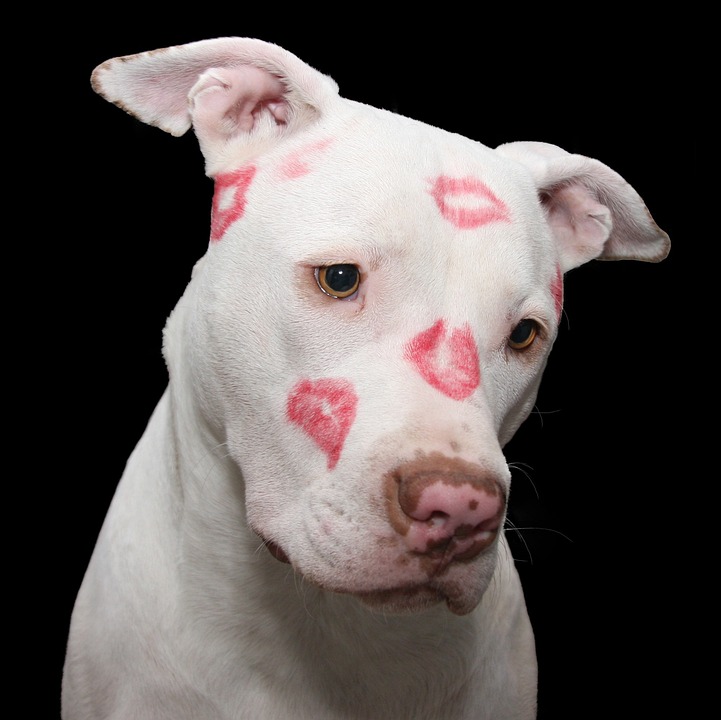How to Prevent Dogs from Eating Plants or Garbage: A Comprehensive Guide
*by [Your Name]*
Introduction:
Having a dog that constantly munches on plants or rummages through the garbage can be a frustrating and potentially dangerous behavior. Not only can it lead to damage to your garden or home, but ingesting certain plants or garbage can also be toxic for your furry friend. In this article, we will provide you with some effective strategies to prevent dogs from engaging in these behaviors. Additionally, we will address common FAQs related to this issue.
—
Understanding the Root Causes
1. Curiosity and Boredom:
Dogs are naturally curious creatures, and if they don’t have enough mental or physical stimulation, they may resort to exploring and chewing on plants or garbage. Providing them with appropriate outlets for their energy and curiosity is essential in preventing this behavior.
2. Nutritional Deficiencies:
Sometimes, dogs may eat plants or garbage to fulfill nutritional deficiencies in their diet. Ensuring that your dog is receiving a balanced and complete diet can help reduce their desire to consume inappropriate items.
3. Anxiety or Stress:
Anxiety or stress can manifest in different ways in dogs, including destructive behaviors such as chewing on plants or garbage. Identifying and addressing the underlying causes of anxiety or stress in your dog can help prevent this behavior.
—
Preventing Dogs from Eating Plants
1. Identify and Remove Toxic Plants:
Some plants can be toxic to dogs, and it’s crucial to identify and remove them from your environment. Common toxic plants include lilies, tulips, daffodils, azaleas, and sago palms. Research and consult with a veterinarian or horticulturist to ensure your garden is safe for your dog.
2. Create a Dog-Friendly Garden:
Designing a dog-friendly garden can help redirect your dog’s attention away from plants. Provide designated digging areas, incorporate sturdy fencing, and use raised beds or containers to grow plants that are safe for dogs. Additionally, consider using natural deterrents, such as citrus peels or vinegar, to discourage your dog from approaching certain plants.
3. Provide Adequate Mental and Physical Stimulation:
Engaging activities can help keep your dog mentally and physically stimulated, reducing their desire to chew on plants. Regular exercise, interactive toys, puzzle feeders, and training sessions can all help keep your dog entertained and satisfied.
—
Preventing Dogs from Eating Garbage
1. Secure Your Garbage Bins:
Ensure that your garbage bins are securely closed and cannot be easily accessed by your dog. Consider using bins with locking lids or storing them in a secured area, such as a locked cabinet or garage.
2. Use Dog-Proof Containers:
Invest in dog-proof containers specifically designed to prevent dogs from accessing the contents. These containers usually have locking mechanisms or heavy-duty lids that are difficult for dogs to open.
3. Teach the “Leave It” Command:
Training your dog to respond to the “Leave It” command can be invaluable in preventing them from eating garbage. Start by teaching the command using treats and gradually transition to using it in real-life situations when your dog shows interest in garbage.
—
FAQs: Frequently Asked Questions
1. Why do dogs eat plants or garbage?
Dogs may eat plants or garbage out of curiosity, boredom, nutritional deficiencies, or anxiety/stress.
2. What plants are toxic to dogs?
Common toxic plants for dogs include lilies, tulips, daffodils, azaleas, and sago palms. However, there are many others, so it’s essential to research and consult with experts.
3. Is it harmful if my dog eats garbage?
Eating garbage can be harmful to dogs as it can contain spoiled food, toxins, or sharp objects that can cause digestive issues or injuries.
4. Can I use deterrent sprays to prevent plant chewing?
Deterrent sprays can be effective in some cases, but it’s important to choose pet-safe and non-toxic sprays. However, training and creating a dog-friendly environment are usually more effective long-term solutions.
5. What should I do if my dog ingests something toxic?
If your dog ingests something toxic, contact your veterinarian immediately or call a pet poison helpline for guidance. Do not induce vomiting unless instructed by a professional.
6. Are there any natural remedies to deter dogs from eating plants?
Some natural remedies, such as citrus peels, vinegar, or cayenne pepper, can act as deterrents. However, it’s essential to ensure these substances are safe for dogs and won’t cause harm if ingested.
—
Conclusion:
By implementing the strategies mentioned in this article, you can significantly reduce the likelihood of your dog eating plants or garbage. Remember, prevention is key, and with proper training, a dog-friendly environment, and a little bit of patience, you can create a safe and healthy space for your beloved pet.









